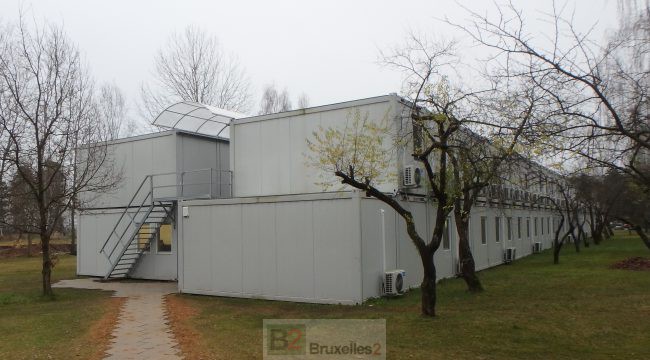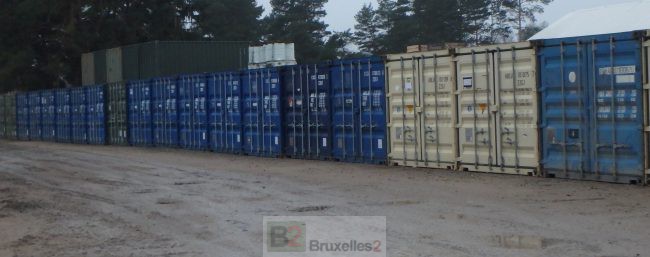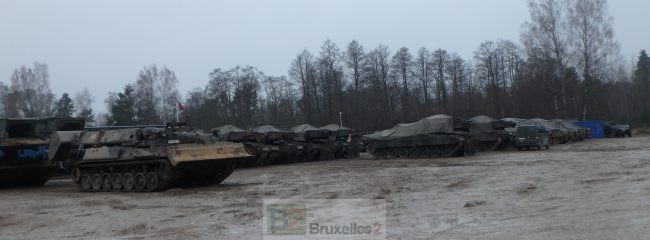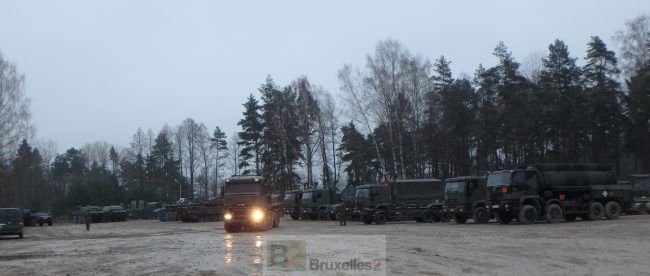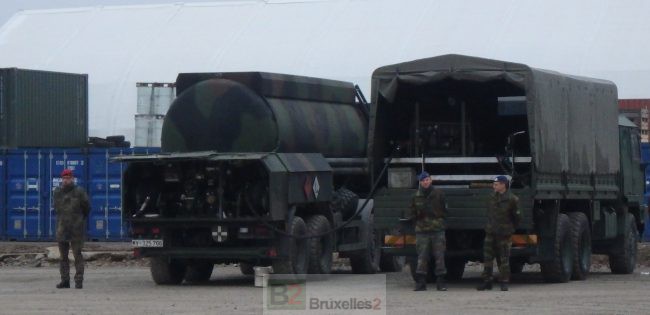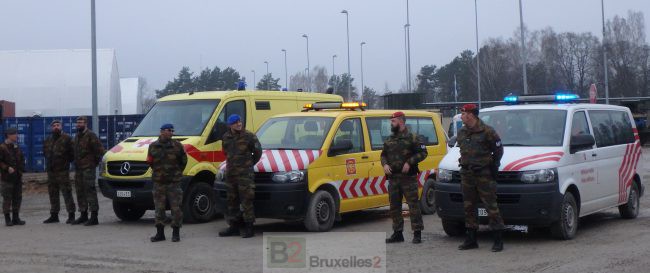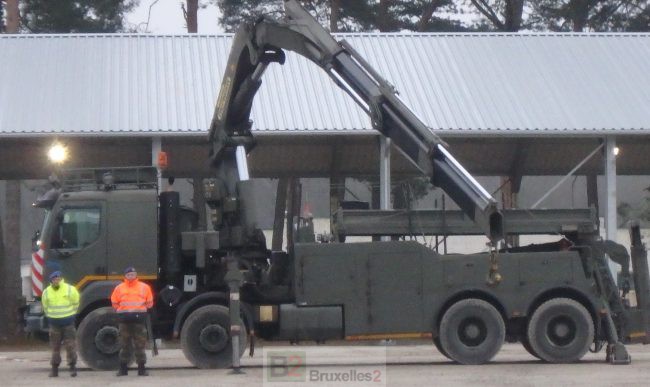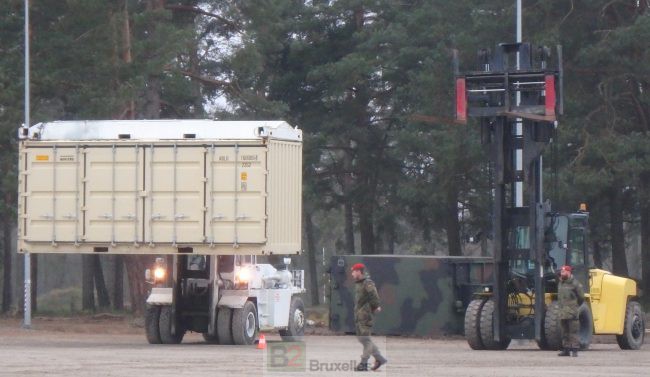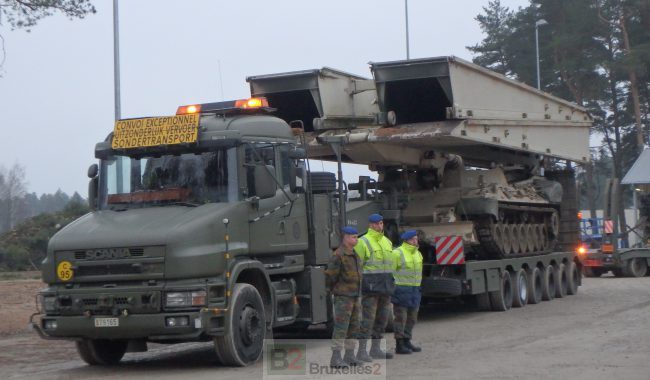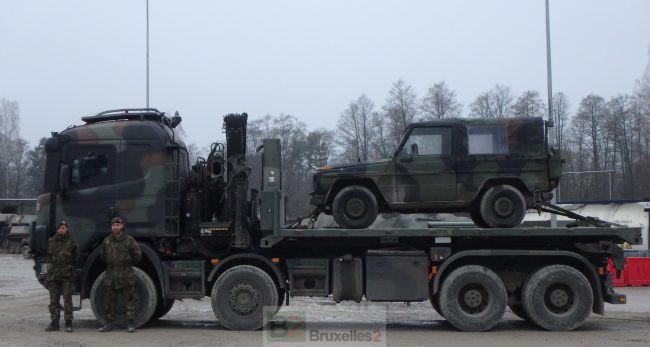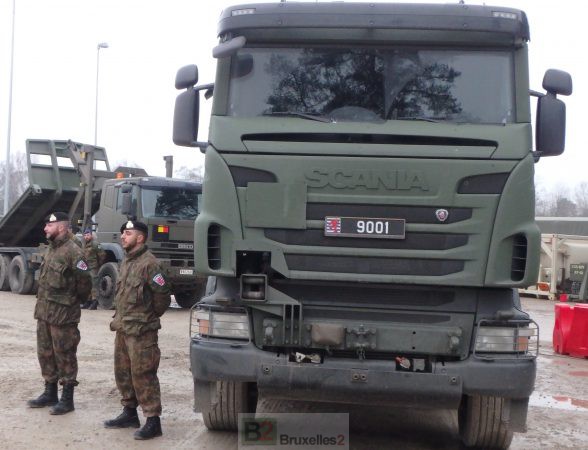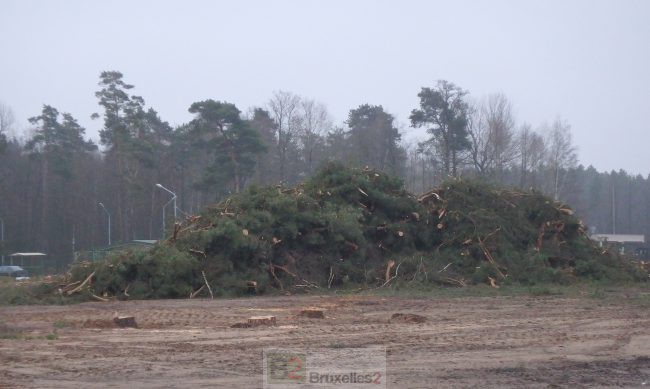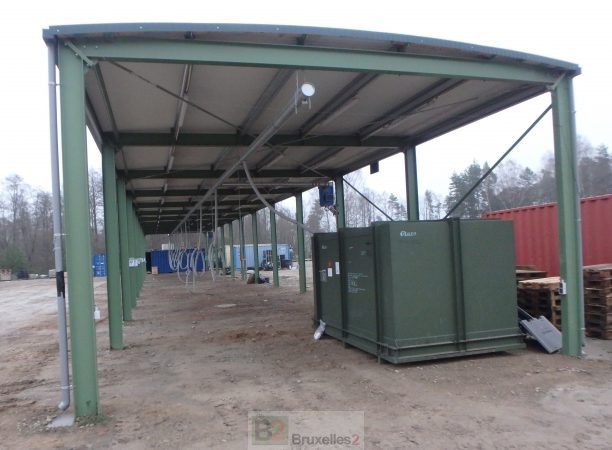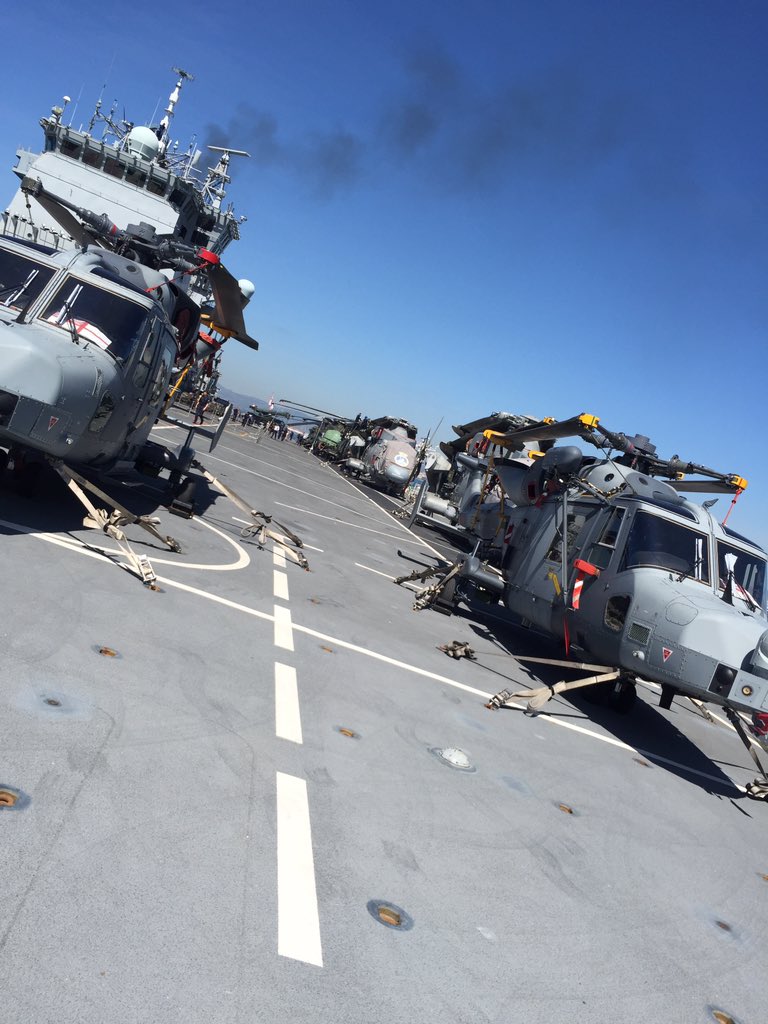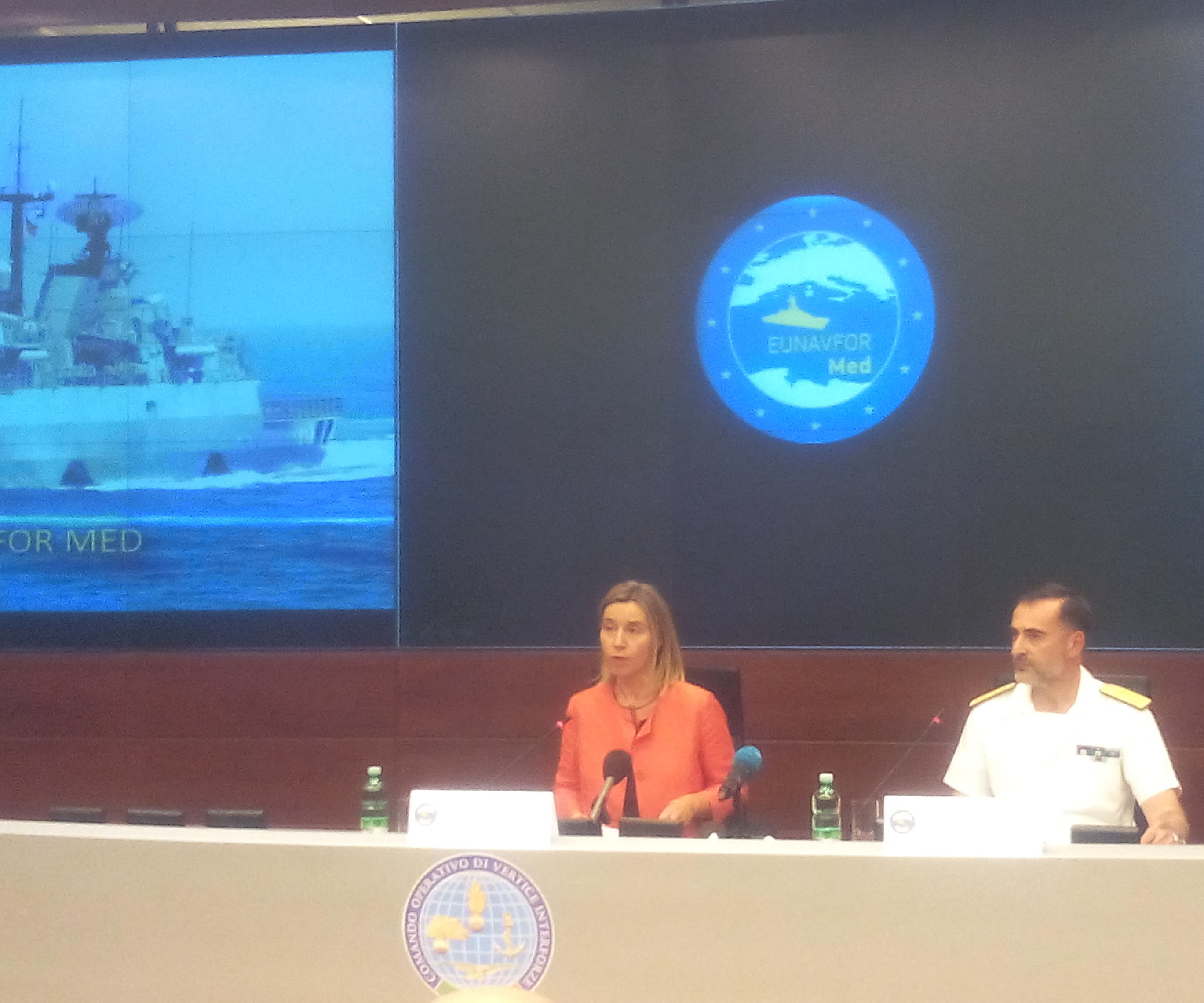Advanced presence. Belgian logistics in support of Rukla
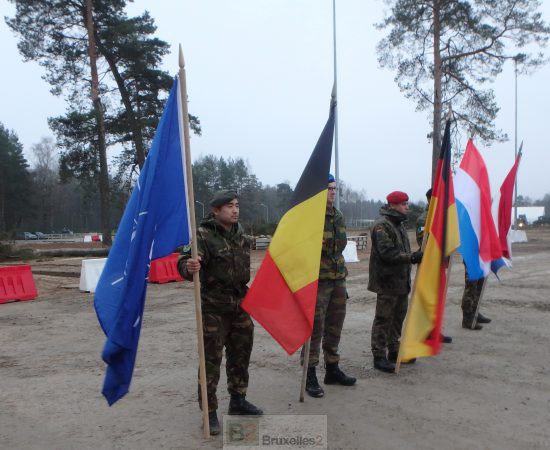
(B2 in Rukla) The reinforced forward presence (“Enhanced Forward Presence” or EFP) of NATO countries is gradually anchoring itself in the Lithuanian landscape. The system is gradually breaking down. And we are already preparing for the next rotation, in 2018.
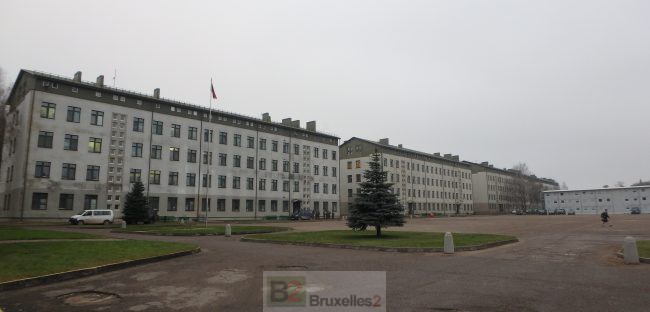
In the Rukla base, many buildings have already been renovated. But the excavators continue to be active in every corner to expand the camp and erect new buildings. The Lithuanian government plans to spend around twenty million euros – with help from NATO and the United States – to modernize and expand its barracks.
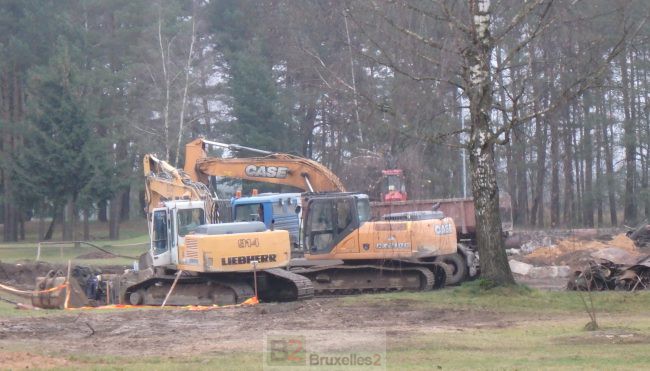
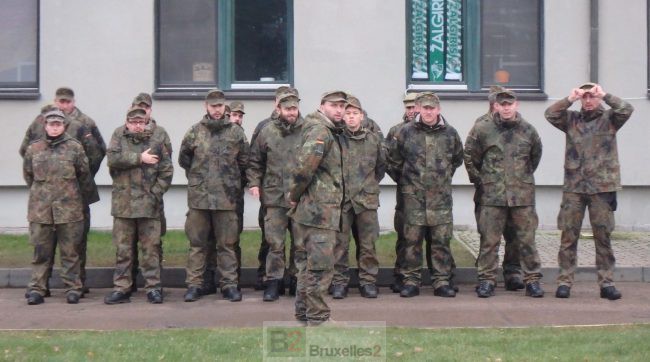
The French, Czechs and Croats should join this battalion in January. But certain precursor elements will be there in a few weeks, starting in December.
Logistics, a vital element of NATO deployment
A few hundred meters from the Rukla base, the logistics depot... Transport vehicles, cranes, lifting equipment, containers, reserve of armored vehicles or tanks. It is in this space surrounded by forests, a little muddy (my shoes remember it) that the men and women of logistics work. Without them, nothing would be possible. “ If they are not there, the operation stops immediately confides a manager. Everyone knows it. But inevitably it's less eye-catching than fighters taking off, revving the engines. Journalists and television are much less likely to be present.
Heavy transport vehicles and cranes
The Belgians notably supply most of the heavy transport means which arrived by road at the start of the year. The seven Scania tank carriers or heavy vehicles are not idle. But the six ALCs (Automatic Load Carriers) and the two 12-ton Astras – which can transport containers – and their seven smaller 8-ton Astra brothers, as well as the six Unimogs are not left out. “ We are on the road everyday “, an officer confides to us, “ in particular to transport the machines to the training sites — tracked vehicles cannot pass on Lithuanian roads.
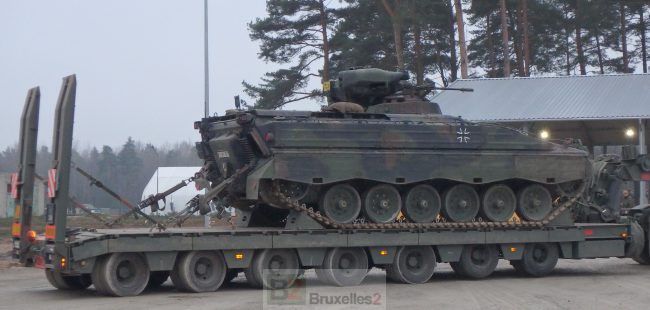
Appreciated Belgian know-how
« Few countries have heavy transport vehicles ". And Belgian know-how seems appreciated by other nationalities. The first elements to arrive in January provided regular shuttles to the port of Klaipeida to collect the material arriving in containers by sea or by air at Kaunas airport. And, with each rotation, the movements are more intense. The main camp, Pabrade, located not far from the Belarusian border, is in fact two hours' drive away (three hours with a heavy means of transport). And soldiers from NATO countries regularly train there. The big advantage of this camp over those experienced by the military: a large shooting range, “ deeper than what exists in our countries » testifies an officer, and a small reconstructed urban area. It is also the only urban combat training center in the Baltic countries, as the Lithuanians (proudly) claim.
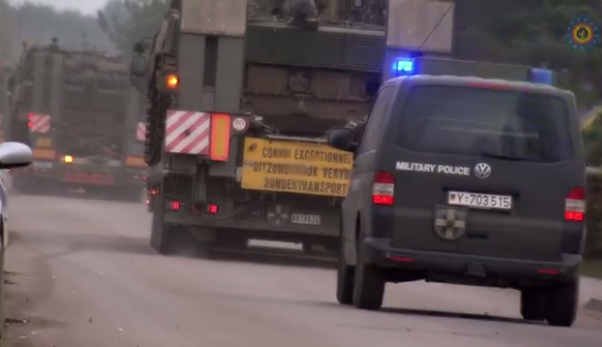
Around fifty Belgian soldiers, mainly from the 4th logistics battalion of Marche-en-Famenne (1), form the backbone of the logistics company of the multinational battalion deployed in Lithuania, integrating Luxembourg elements. The Germans (from the 371st Mechanized Infantry Battalion) and Dutch (from the 42nd Infantry Battalion) made up the rest of the company. A few more weeks, time to see the first snow, and to get out of the mud, and they will be back home. It is the Germans who will then take over the logistical aspect.
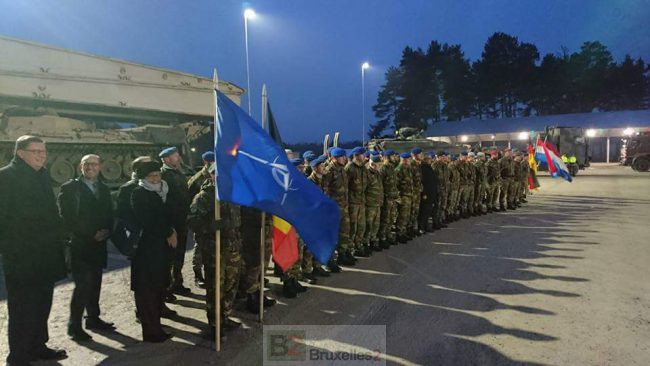
However, the Belgians should not remain absent from Lithuania for long, Defense Minister Steven Vandeput told us in an interview (read: All investments we will make in cooperation (Steven Vandeput) : Belgium should provide a combat company and various elements from September 2018 (about 230 men), to add to the presence of the Belgian F-16 planes which will participate in the Baltic Air Policy, surveillance of the Baltic sky carried out in turn by NATO countries, from the Siauliai air base.
(Nicolas Gros-Verheyde)
(1) The Belgian logistics detachment includes 44 soldiers from the 4th logistics battalion from Marche-en-Famenne, two from the movement control group and four from the communications and information systems group from Puisie, two military police officers from Evere as well as as a medical intervention element of Lombardsijde. That is 55 soldiers, officers and non-commissioned officers.
(2) The Logistics Battalion is directly related to the first logistics units which were created in 1830 to support the artillery units. Like their French counterparts, they then took the name “train company”. They acquired their autonomy from artillery after the war of 1870 which opposed the French and the Prussians. During the Second World War, a new development, the Belgians served within the Royal Army Service Corps (RASC) created in 1942, and they are integrated into the Piron Brigade (the Belgian equivalent of General Leclerc's 2nd DB).

